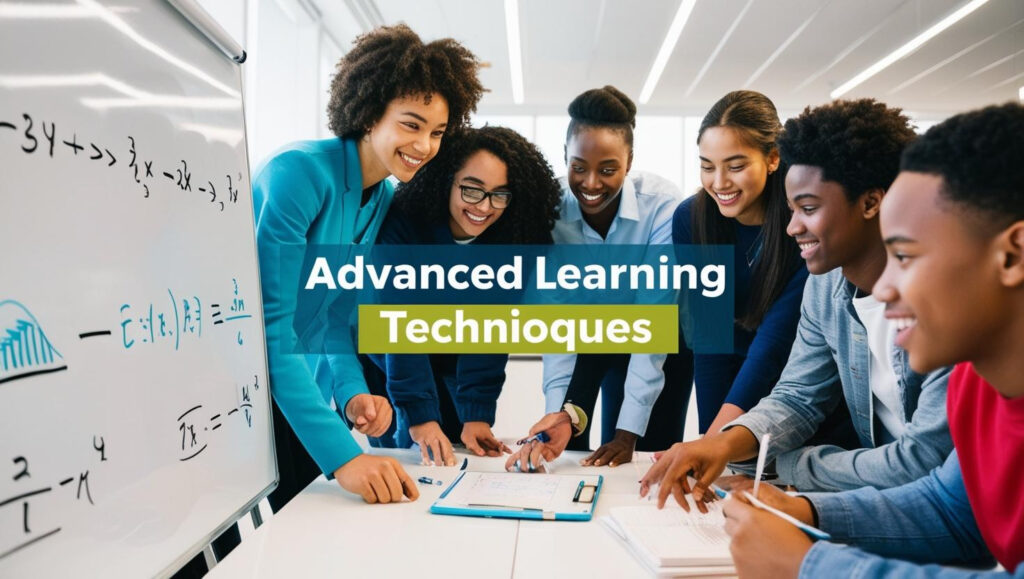In today’s fast-paced world, acquiring and mastering new skills is more critical than ever. To stay competitive and adaptable, leveraging advanced learning techniques can make the difference between stagnation and growth. This article explores some of the most effective strategies for deep and efficient learning, providing actionable insights for students, professionals, and lifelong learners.
1. Active Recall and Spaced Repetition
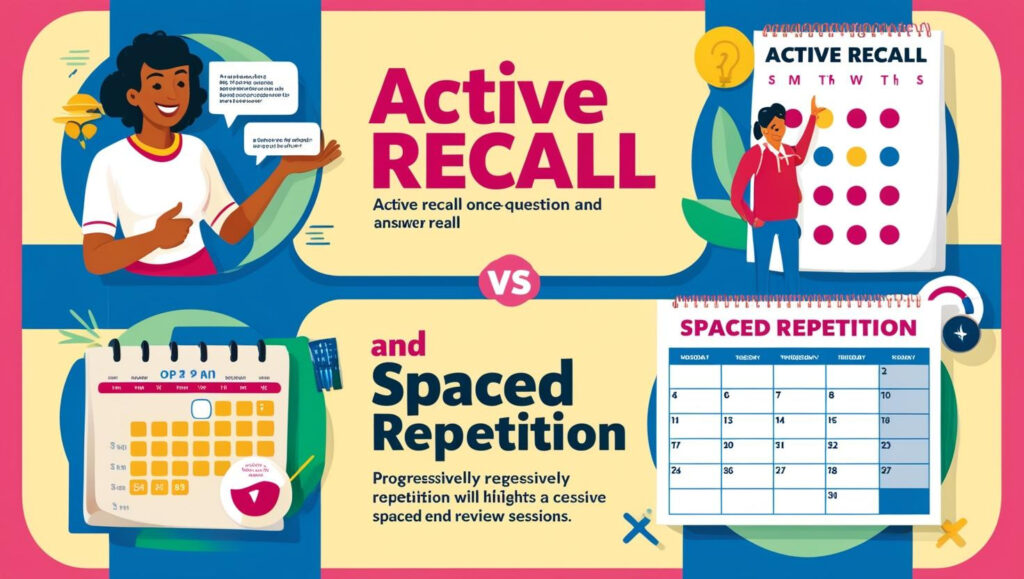
Two of the most powerful tools in the learning arsenal are active recall and spaced repetition. Active recall involves testing yourself on the material you are trying to learn rather than passively rereading it. This technique strengthens memory pathways by forcing your brain to retrieve information actively.
Spaced repetition complements active recall by scheduling review sessions at increasing intervals. Tools like Anki or Quizlet implement this scientifically-backed method, ensuring that knowledge is refreshed just before it is likely to fade. Combining these two techniques significantly enhances retention and understanding.
2. Interleaving
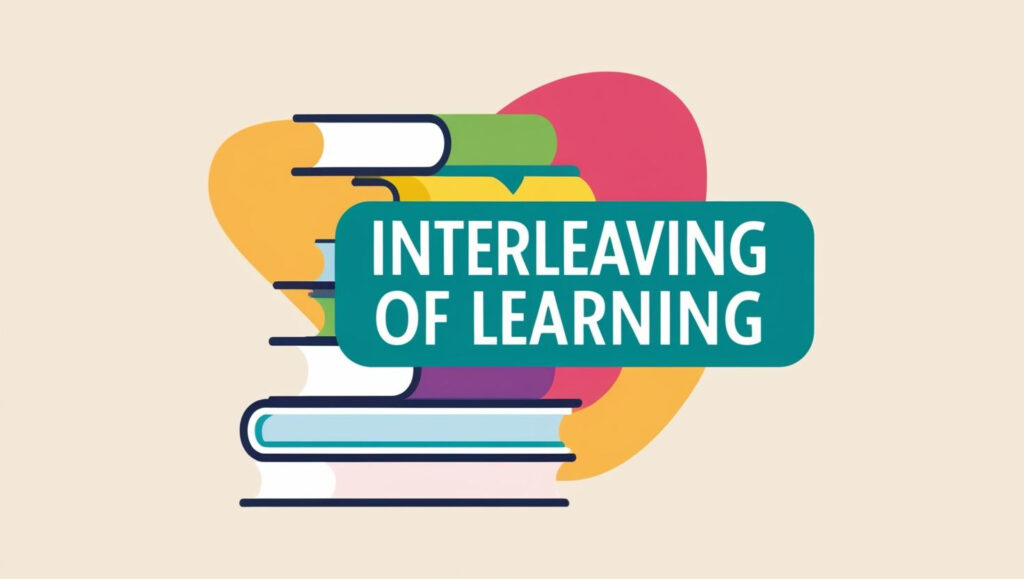
Interleaving involves mixing different topics or subjects during study sessions instead of focusing on one topic exclusively. For example, a musician might practice scales, sight-reading, and improvisation in one session rather than dedicating the entire time to scales. This approach improves problem-solving skills and adaptability, as it forces the brain to constantly switch contexts, leading to better long-term learning.
3. Metacognition
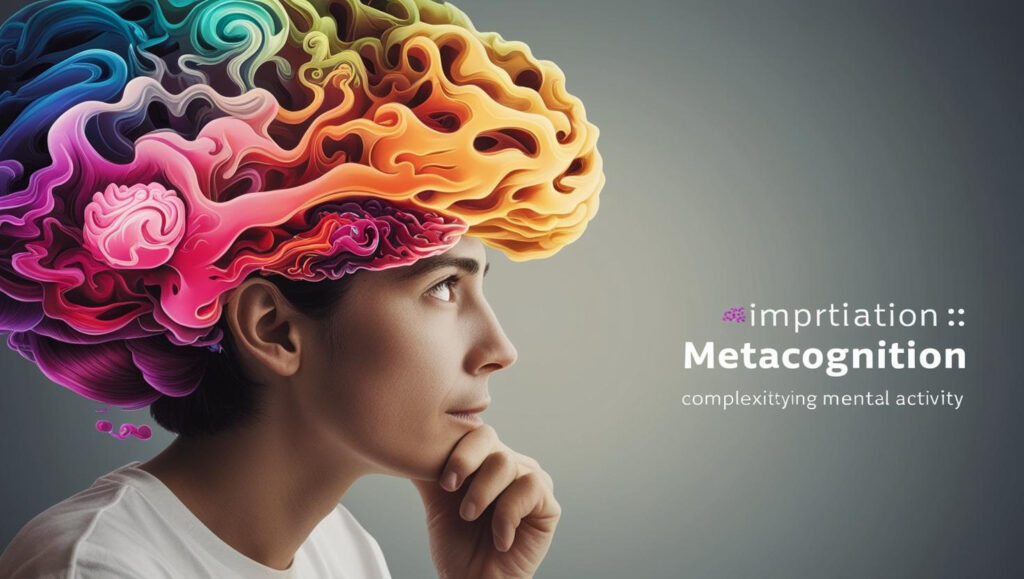
Metacognition, or “thinking about thinking,” is the practice of being aware of your cognitive processes while learning. By assessing your understanding and identifying gaps in your knowledge, you can adjust your strategies accordingly. Simple practices like self-questioning (“What did I learn today?” or “What concepts are still unclear?”) help in cultivating metacognitive skills.
4. Visualization and Mental Models
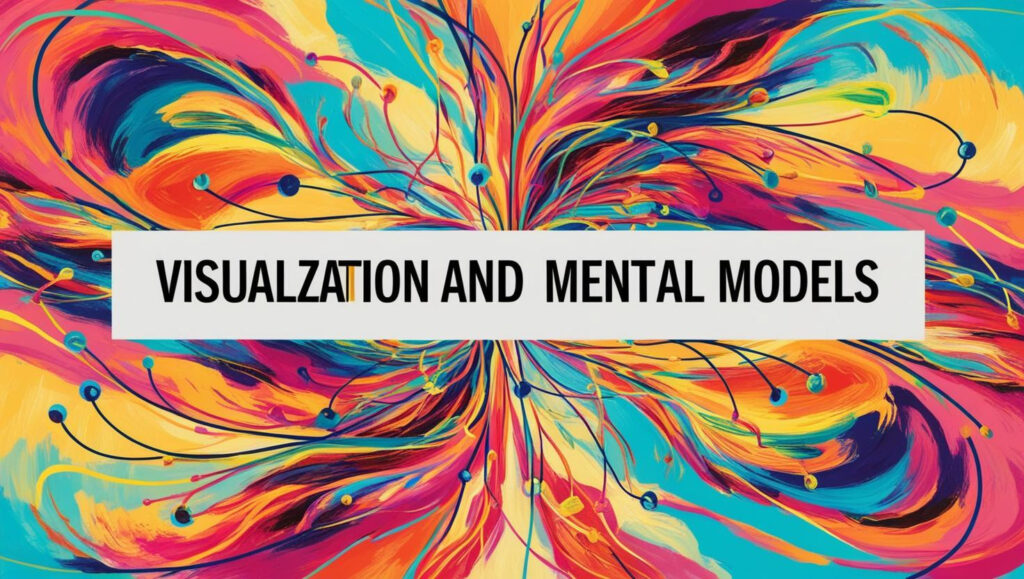
Visualization helps learners make abstract concepts concrete by creating mental images or diagrams. For instance, visualizing the flow of an algorithm or sketching a mind map can make complex information easier to digest. Building mental models—structured frameworks to represent knowledge—further aids comprehension and allows learners to connect new information to existing knowledge.
5. Deliberate Practice
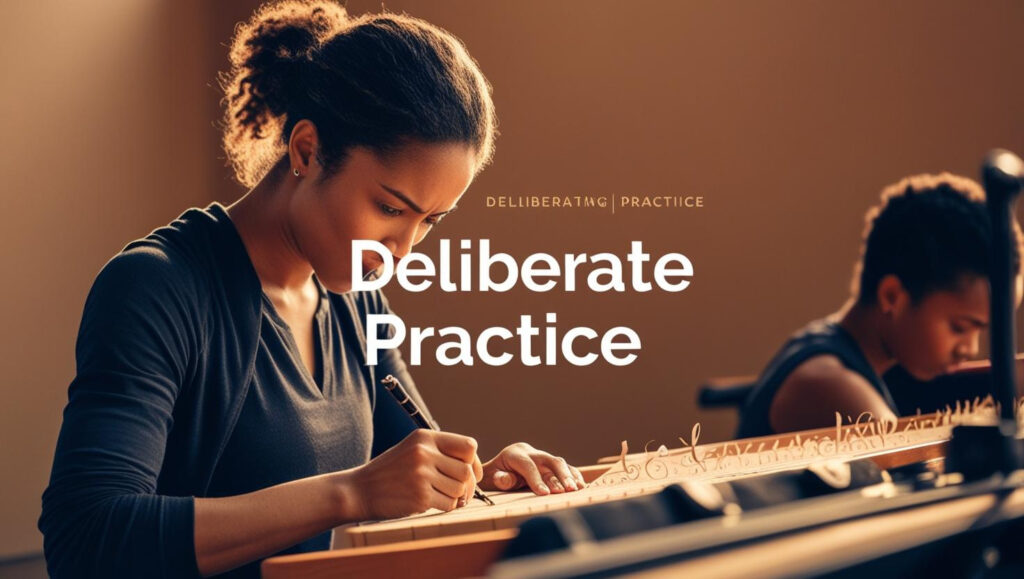
Deliberate practice is a focused and purposeful approach to skill improvement. Unlike rote practice, it involves setting specific goals, receiving immediate feedback, and consistently working on areas of weakness. This method, popularized by Anders Ericsson, is key to mastering any discipline, from playing an instrument to coding.
6. The Feynman Technique

Named after physicist Richard Feynman, this technique is a simple yet effective way to learn deeply. It involves teaching a concept as if explaining it to someone without any prior knowledge. This process exposes gaps in your understanding and forces you to simplify and clarify complex ideas, reinforcing your own grasp of the material.
7. Mindfulness and Focused Attention

In a world full of distractions, the ability to maintain focus is a superpower. Techniques like mindfulness meditation can train the brain to sustain attention, reducing the tendency to wander. Practices such as the Pomodoro Technique—working in focused bursts with short breaks—can also enhance productivity and concentration.
8. Learning by Teaching

Teaching others is one of the best ways to solidify your knowledge. Whether through formal instruction or informal discussions, the act of explaining concepts forces you to organize your thoughts and identify any weak points in your understanding. This technique is particularly effective when combined with group study sessions or peer reviews.
9. The Role of Rest and Sleep

Rest and sleep play a crucial role in consolidating memories and enhancing learning. During sleep, the brain processes and organizes information, transferring it from short-term to long-term memory. Incorporating adequate rest into your learning schedule is just as important as the study sessions themselves.
10. Growth Mindset and Resilience

Finally, adopting a growth mindset—the belief that abilities and intelligence can be developed through effort—is essential for effective learning. Embracing challenges, learning from failures, and staying resilient in the face of setbacks create a fertile ground for growth and improvement.
Conclusion
Mastering advanced learning techniques can transform the way you acquire knowledge and skills. By incorporating strategies like active recall, interleaving, metacognition, and deliberate practice into your routine, you can enhance both the efficiency and depth of your learning. Remember, the journey of learning is ongoing, and with the right tools and mindset, the possibilities are limitless.
